In 2011, a group of healthcare professionals met to discuss the results of the KS Department of Health and Environment (KDHE) Cardiovascular Burden document which showed low public awareness, low IV alteplase utilization, and high mortality rates among KS stroke patients. The group developed a grant-funded statewide plan to improve access to acute stroke treatment to decrease disability and mortality from stroke. Since that time, more than 75 Kansas facilities in all 6 EMS regions have joined the fight to meet this goal.
Advanced Comprehensive Stroke Center:
- Provides ALL of the Primary Stroke Center services
- Participates in the latest research
- Full spectrum of hemorrhagic stroke care
- 24/7 availability:
- In-house Provider
- Neurologist, Neuro-Interventionalist, Neuro-Radiologist & Neurosurgeon
- Neuro- Critical Care
- Catheter Angiography
Primary Stroke Center:
- Provides ALL of the Acute Stroke Ready Hospital services
- Stroke Designated Unit
- Stroke Program Coordinator
- Advanced Imaging availability
- Stroke Service
- Neurosurgical Services within 2 hours
- Continuum of inpatient care
Certified Acute Stroke Ready Hospital:
- IV thrombolytics
- CT, MRI & 24/7 Lab availability
- 24/7 Acute Stroke Team
- 24/7 in-person Neurologist or Telemedicine
Emergent Stroke Ready Hospitals:
- All of Certified Acute Stroke Ready Hospital ability, but are not certified by an independent certifying organization
Non-Emergent Stroke Ready Hospital:
- Are not able to perform the abilities of an Emergent Stroke Ready Hospital or have not attested to stroke care ability

